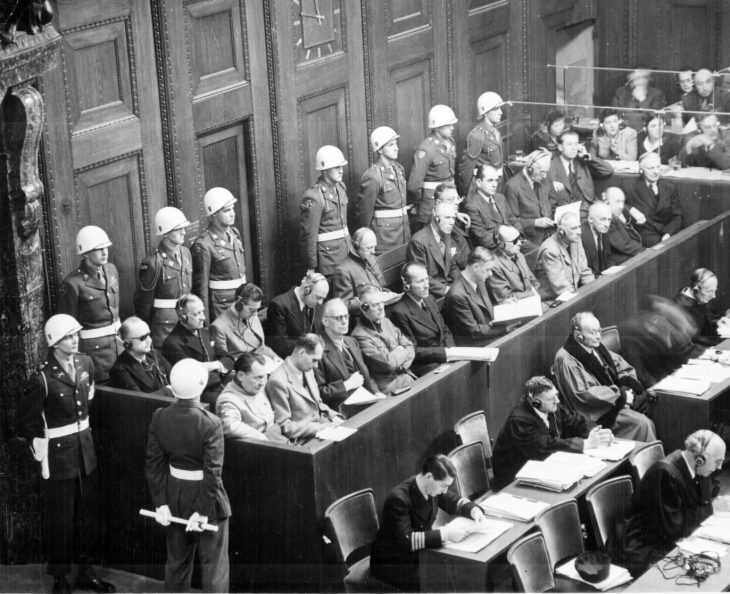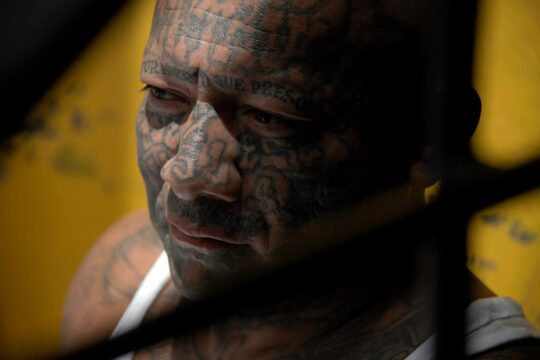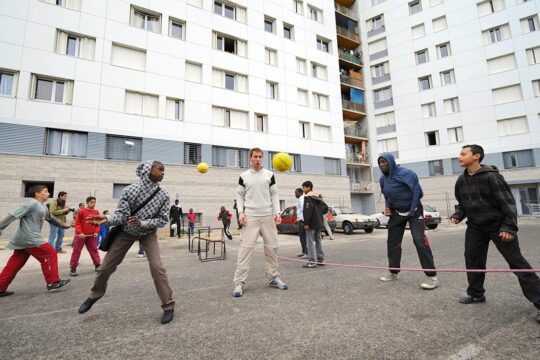Before former Peruvian president Alberto Fujimori, several people convicted of crimes against humanity have been granted early release, from Nazis tried in Nuremberg to Argentinian military officers.
- World War II -
- Walther Funk: The former chief of the German Reichsbank from 1939 to 1945 is sentenced to life in prison at the Nuremberg trials in 1946 for having accepted gold extorted by the SS from deportees to concentration camps. He is freed in 1957 for health reasons.
- Erich Raeder: The commander of the German Navy until 1943 is sentenced at Nuremberg to life in prison, before being freed in 1955 as he approaches 80 for medical reasons.
- Maurice Papon: A senior official under France's wartime Vichy government, Papon is sentenced to 10 years in jail in 1998 for his role in organising the deportation of 1,690 Jews between 1942 and 1944. Imprisoned in 1999, he is freed in September 2002, aged 92, on medical grounds. He dies on February 17, 2007.
- Erich Priebke: In 1998 the former SS officer is condemned to life in prison by an Italian court for his role in the massacre of 335 people in the Ardeatine complex of caves near Rome in 1944. Due to his age -- 85 -- and ill-health he is allowed to serve out his life sentence at the home of his lawyer and dies in 2013.
- The former Yugoslavia -
Several people convicted by the Hague-based International Criminal Court for the Former Yugoslavia (ICTY) received early release having served two thirds of their sentences.
Some notable examples:
- Biljana Plavsic: The former president of Bosnia's Serbs, Plavsic is the only woman tried by the ICTY for genocide, crimes against humanity and warcrimes. In 2003 she is sentenced to 11 years in prison. She is freed in 2009 aged 87 having served two thirds of her sentence. She returns to Belgrade in a private jet and is welcomed by the Prime Minister of Bosnia's Serb republic.
- Mirko Norac: The former Croat general, sentenced in Croatia to 15 years in prison for warcrimes committed against Serbs, is granted early release in November 2012.
- Nikola Sainovic: The former Yugoslav deputy prime minister is sentenced to 18 years in prison for warcrimes and crimes against humanity for his role in the Kosovo conflict. Freed in 2015 after serving two thirds of his sentence he is then appointed to a top body of Serbia's Socialist Party.
- Fikret Abdi: The Bosnian Muslim militia leader is given a 15-year jail term on appeal for imprisoning some 5,000 people in detention camps, at least three of whom died of maltreatment. He is released in 2012 after serving two-thirds of his sentence.
- Argentinian soldiers -
Around 60 top officials from Argentina's last dictatorship from 1976 to 1983, are convicted then amnestied, before going on trial again and sentenced for crimes against humanity between 2005-2009.
Many of them are allowed to serve their time at home given their age.
Two examples:
- Miguel Etchecolatz: the former Buenos Aires police commissioner is sentenced in 1986 to 23 years in prison for having executed and tortured 91 people. He is granted amnesty then tried and sentenced again in 2006 to life in prison for crimes against humanity. In 2017 he is allowed to serve the rest of his sentence at home due to his age of 88.
- General Antonio Domingo Bussi is sentenced to life in prison in 2008. Due to his advanced age he is allowed to serve out his sentence at home. He died in 2011.





